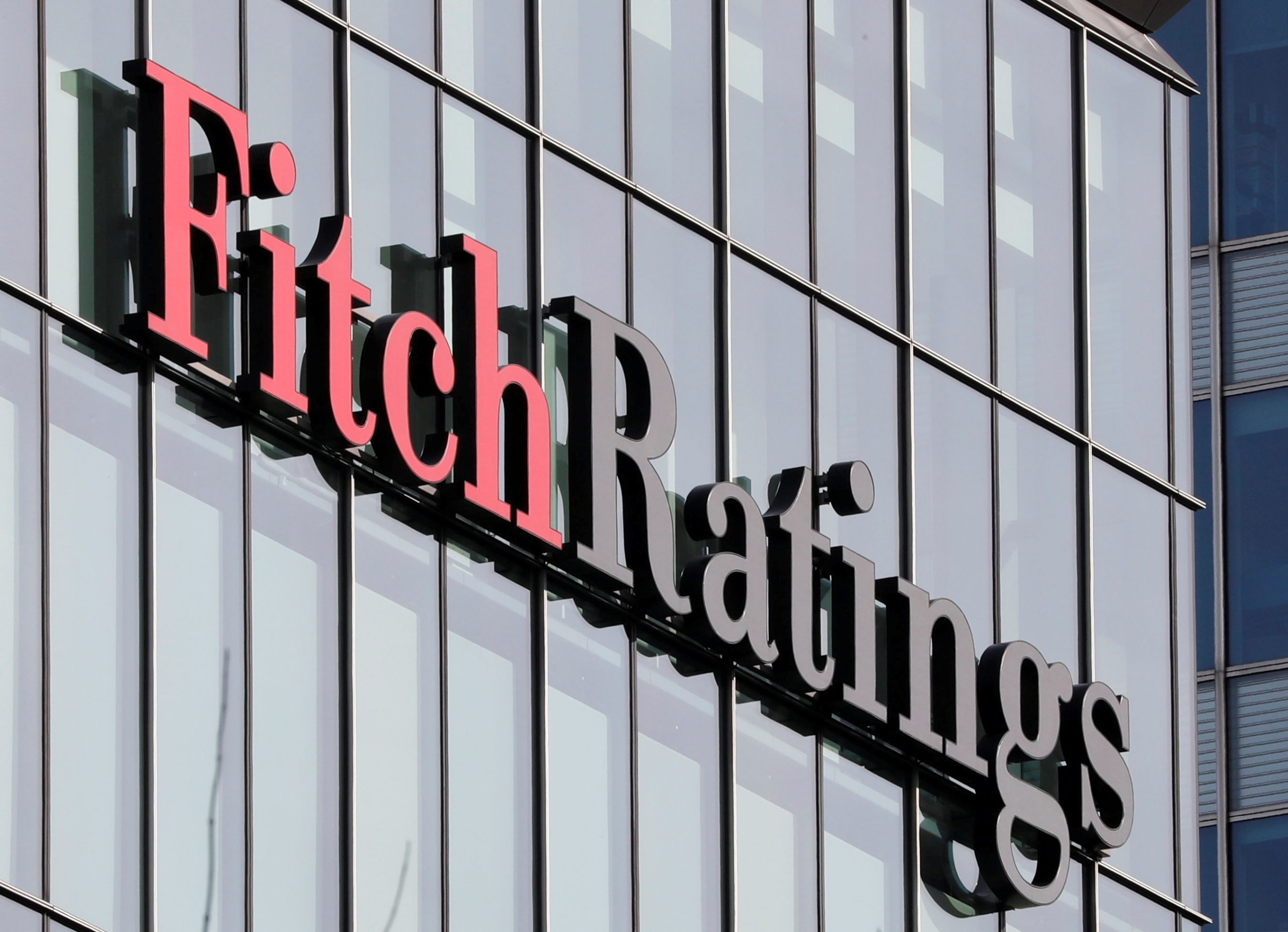Fitch Ratings was the latest international agency to upgrade Greece’s long-term foreign-currency rating, in an announcement coming late on Friday, ‘BBB-‘ from ‘BB+’. Fitch said the outlook is stable.
According to the ratings agency, the upgrade reflects the following key rating drivers and their relative weights, namely, favorable debt dynamics and a commitment to fiscal consolidation.
According to Fitch, “Greece maintains a high commitment to fiscal consolidation, with the primary surplus set to increase to 1.1 percent of GDP in 2023 and average 2.2 percent in 2024-2025 according to our forecasts. At an average 1.1 percent of GDP in 2024-25, the headline deficit will be well below the ‘BBB’ median (2.8 percent). Fiscal prudence is anchored in conservative expenditure assumptions in recent budgets (and is also the case in the 2024 budget), with revenue over-performance providing fiscal space for temporary spending: in 2023 this included energy crisis and climate change-related measures.”
Moody’s last September raised Greece’s sovereign-credit rating by two notches, just one level below investment grade on the firm’s ratings index.
Specifically, Greece’s rating was raised to Ba1 from Ba3, with stable outlook. Another upgrade will return the country to the “elite” category, where it was suffering three consecutive bailouts and repeated downgrades.
Several other major ratings firms, such as Rating and Investment Information Inc., Scope Ratings and DBRS Morningstar, have recently upgraded Greece to investment level, with Moody’s figuring as the strictest of the group, one which also includes S&P and Fitch.
The development means that Greece, which less than a decade ago had racked up three successive bailouts and even flirted with “Grexit”, has now secured an investment grade from two of the “Big 3” – after an upgrade by Standard and Poor’s.
In practical terms, Greek securities and debt now become readily available to institutional and major investors as Greek bonds’ 12-digit International Securities Identification Numbers (ISIN) will be included in the FTSE World Government Bond Index (WGBI) and S&P’s iBoxx.
Upgrades began in July
The first upgrade of Greece’s rating came last July, and specifically by Japan-based rating agency R&I, which, however, is not included in the European Central Bank’s (ECB) “bundle”.
This was followed in early August by Germany’s Scope Ratings, which included Greek bonds in its investment grade.
The European Central Bank’s governing council later decided in November to accept this ratings agency in its “bundle”. At the beginning of September, DBRS upgraded the Greek economy and bestowed its lowest investment grade.
A week later, Moody’s mostly surprised analysts with the double upgrade of Greece’s ratings, placing it just one notch below investment grade. S&P followed in October with a long-awaited investment grade rating, upgrading Greek debt to BBB- with stable prospects.
In a first reaction, Greek economy and finance minister Kostis Hatzidakis referred to “Fitch’s upgrade of the Greek economy formalizes Greece’s promotion to the investment grade category from the point of view of this credit rating. This is a major national success.”




